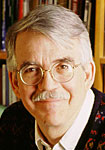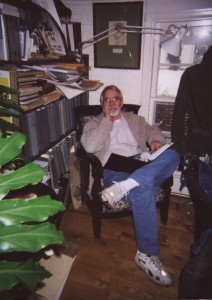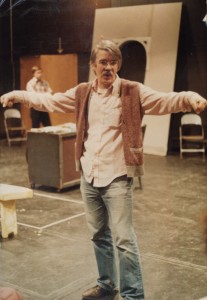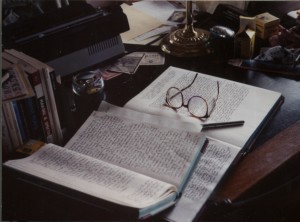Lawrence University senior Derrell Acon took top honors in the Student Division of Chicago’s recent Bel Canto Foundation contest.
He received a $2,500 prize for his winning performance for which he sang “Come dal ciel precipita” from Verdi’s “Macbeth” and “Serenata” by Enrico Toselli in the finals.

Acon also shared the Grand Prize from the competition’s young artists’ division with soprano Seihee Lee. Acon and Lee each received $5,000 to support their education and operatic pursuits.
A student in the voice studio of Professor Patrice Micheals, Acon will spend the upcoming summer as a studio artist with Opera North in Lebanon, N.H.
Since 1973, the Bel Canto Foundation has promoted Italian repertoire through contests, seminars and concerts, providing young American singers with financial support, vocal training and performance opportunities.
The Bel Canto Foundation contest combines a passion for Italian opera and fine dining. Held as a series of three opera evenings, contestants perform for guests during a banquet dinner, competing for more than $50,000 in prizes.
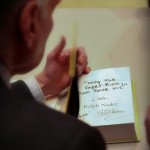
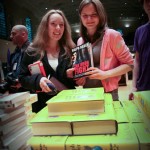
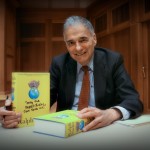
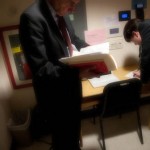
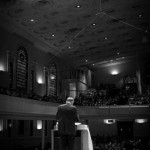
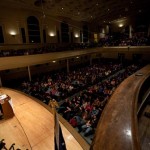
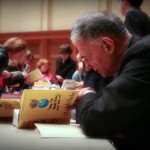

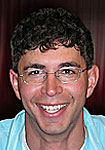
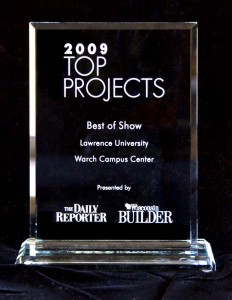 Lawrence University received one of the state’s most coveted construction honors last night (April 21, 2010) when The Daily Reporter and
Lawrence University received one of the state’s most coveted construction honors last night (April 21, 2010) when The Daily Reporter and 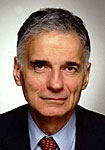
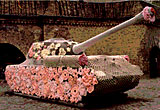 Zempel is known for uniquely integrating objects she has found in the U.S. and Europe into her art. In an attempt to alter their identities, Zempel covers ordinary objects such as cars or guns with unusual materials such as knit or crocheted yarn. One of her art pieces features a Russian tank covered with crocheted webbing and crocheted flowers.
Zempel is known for uniquely integrating objects she has found in the U.S. and Europe into her art. In an attempt to alter their identities, Zempel covers ordinary objects such as cars or guns with unusual materials such as knit or crocheted yarn. One of her art pieces features a Russian tank covered with crocheted webbing and crocheted flowers.